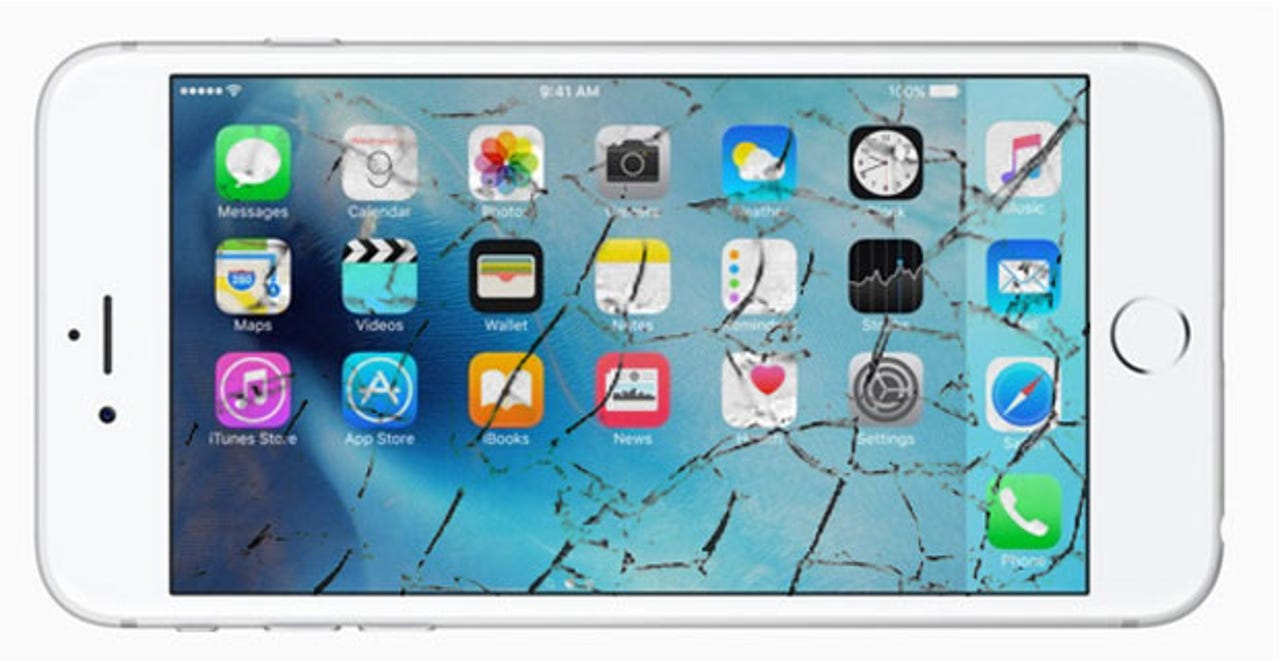Why do iOS updates keep wrecking iPhones and iPads?


iOS updates are shipping with more and more show-stopping bugs.
Once upon a time, I would encourage people to download and install iOS updates as soon as they were released. But that was before Apple started shipping iOS updates that contained show-stopping bugs that killed vital features, broke apps, or bricked devices.
Featured
Nowadays I encourage everyone - myself included - to hold off for a day or so, just in case there's any collateral damage.
But why have iOS updates become so problematic?
When it comes to the hardware and software ecosystems, Apple has more control than any other tech company. It controls the hardware. It controls the operating system. It controls the apps. It also has a tight control over the third-party accessories ecosystem.
Apple has made things as easy for itself as it possibly could. It has, in essence, given itself a set of training wheels, and yet iOS updates regularly feature show-stopping "crash and burns."
And how humiliating for Apple that this is happening despite it running both closed and public beta programs.
What on earth is going on?
I can sort of understand why major iOS (and, for that matter, OS X) releases are a little flakey at launch. After all, the launch date is tied to a hardware release (and remember that Apple has to load the iOS code onto new hardware days in advance of the actual launch of the hardware), and this explains why we're seeing a "ship now, fix later" mentality. This is why x.0.1 releases are pushed out as rapidly as they are.
But this doesn't explain why subsequent updates cause so much havoc. iOS 9 is currently on version 9.3.2 and it's still causing problems. Did Apple forget that it had launched the 9.7-inch iPad Pro six weeks ago and just not test iOS 9.3.2 on it? That seems like a very overly simplistic answer, but it certainly feels like that's what happened here.
Tech essentials for the busy sysadmin
Another possible explanation is that Apple's iOS development group is stretched. Stretched by having to support new devices. Stretched by yearly releases. Stretched by a never-ending stream of bugfixes. And stretched by bugfixing previous bugfixes.
Remember that iOS 9 runs on 22 different devices (without looking, can you name them all?), and not all of these devices support all the features. That's a lot of testing.
And even with billions of dollars in the bank, a company can still find itself stretched.
Microsoft went through a particularly bad patch - pun intended - with patches back in 2013, where the company regularly had to withdraw some patches and issue follow-up bugfixes for others. Microsoft eventually got a grip on this situation, and patch problems have since settled down, so there's hope for Apple yet.
I have no doubt that the endless procession of show-stopping iOS bugs that are making headlines is a source of worry and concern for Apple. It is, after all, a company that seems to take pride in outputting quality products. But as of late, quality seems to have taken a quite a dip, and when that gets to a point to where someone in my position is hesitant to tell people to download and install security updates, then that slide has gone too far, and it's time to turn things around.
However, until we see evidence of that turnaround, my advice is as follows:
- Give updates a few days so that others who are braver and have more time on their hands can shake out the bugs
- Make sure your device is backed up (preferably a local iTunes backup)
- Don't upgrade when you're in the middle of something; leave it until you have some time on your hands
See also:
- Apple's latest iOS update is bricking the iPad Pro
- OS X 10.11.4 update causing Macs to freeze up
- How to fast-charge your smartphone when you're in a hurry
- Apple's R&D bill set to top 10 billion in 2016, hinting at 'largest pivot yet'
- Android smartphones suffer from significantly higher failure rates than iPhones